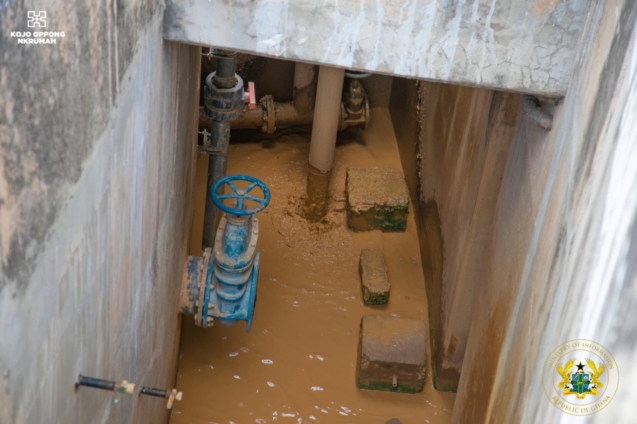
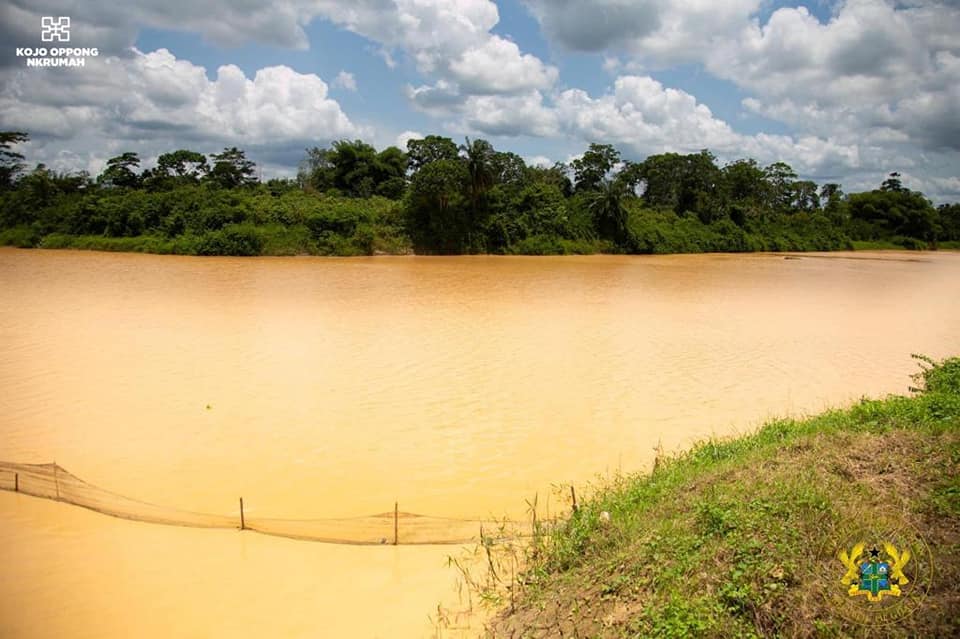
The devastation caused by illegal mining, commonly known as galamsey, has reached a tipping point in Ghana.
Rivers once flowing with clean, drinkable water have turned into toxic, muddy streams unfit for human consumption.
Communities that depend on these water bodies for survival are now grappling with a public health crisis.
As this environmental disaster unfolds, the question lingers: Who must be blamed for the poison in our water bodies?
1. Galamsey operators
At the heart of the issue are the illegal miners themselves. These individuals, driven by poverty and the promise of quick profits, have recklessly exploited natural resources without regard for the consequences. Using mercury and other harmful chemicals in their operations, galamseyers pollute water bodies as they mine for gold, leaving behind a trail of environmental destruction.
While many of these miners are struggling to survive economically, their activities continue to inflict irreparable harm on the environment and the communities that depend on it.
2. Government officials and authorities
Ghana's government must bear a significant portion of the blame. Despite numerous promises and task forces established to fight illegal mining, enforcement has been inconsistent at best.
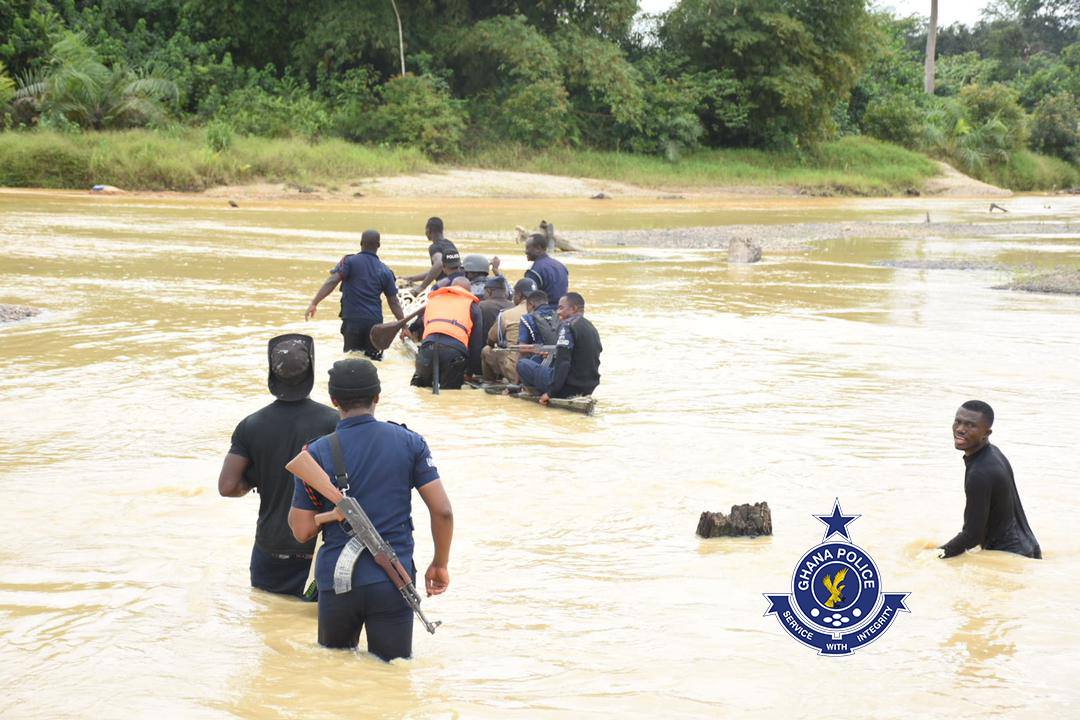
Corruption within government ranks has allowed some mining operators to evade punishment. Bribery and political interference often undermine the rule of law, allowing galamsey activities to continue unabated.
Additionally, weak regulatory frameworks and a lack of coordination among law enforcement agencies make it easy for illegal miners to operate freely.
Government agencies responsible for environmental protection and water resources management have, in many cases, been slow to act, even as communities suffer from the effects of galamsey.
3. Local chiefs and community leaders
Traditional authorities play a crucial role in land management and control. Unfortunately, in many instances, some local chiefs have been complicit in the problem.
There are reports of chiefs leasing land to galamsey operators in exchange for financial compensation, despite knowing the environmental consequences. By prioritising personal gain over the welfare of their communities, these leaders contribute to the degradation of local ecosystems.
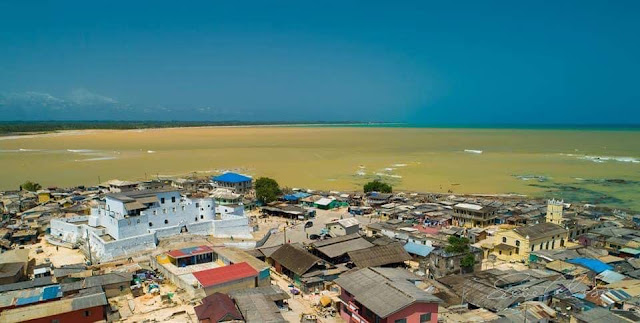
While some chiefs have spoken out and fought against illegal mining, the actions of those who enable galamsey cannot be overlooked.
4. Corporate mining interests
Large-scale mining companies are also part of the puzzle. While they operate legally, their presence often creates conditions that encourage illegal mining.
For instance, some companies fail to rehabilitate lands after mining, leaving areas vulnerable to galamsey operators.
Moreover, when corporate mining operations do not adequately invest in local development, they fuel resentment among local communities, who may then turn to galamsey as a means of survival.
Furthermore, corporate interests sometimes turn a blind eye to the activities of illegal miners if it benefits them indirectly, such as when they source ore from galamsey operations.
5. International demand for gold
Galamsey is fueled not only by local factors but also by the global demand for gold. International markets continue to prize gold as a valuable commodity, creating an economic incentive for illegal mining.
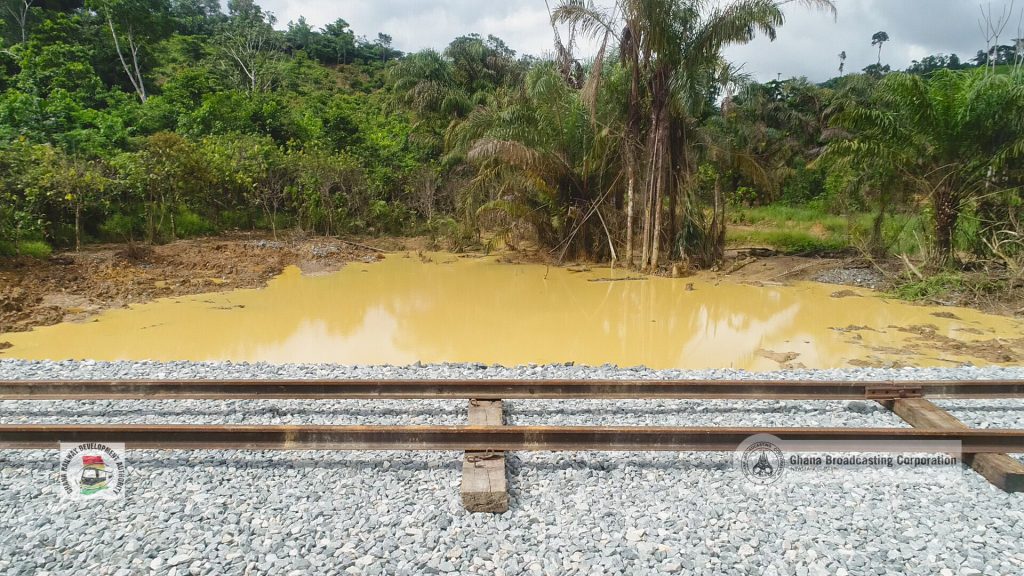
The vast majority of Ghana’s illegal gold eventually finds its way into international supply chains. In this context, the global community must also take responsibility.
Countries that import gold from Ghana should enforce stricter standards to ensure that their gold purchases are not indirectly supporting environmentally destructive practices like galamsey.
6. The role of citizens
While external actors and authorities have a significant role to play, ordinary Ghanaians cannot escape blame entirely.
Many communities have, for various reasons, remained silent or even participated in galamsey operations.
Desperation for jobs, survival, and a better standard of living has caused some community members to aid illegal miners, either by working for them or turning a blind eye to their activities.

However, this collaboration ultimately contributes to the suffering of the entire community as water sources become contaminated and public health deteriorates.
Shared responsibility
The blame for the poisoning of Ghana's water bodies cannot be placed on a single group or individual. It is a shared responsibility that cuts across all sectors of society.
The government must enforce stronger regulations and hold corrupt officials accountable.
Local chiefs must act in the best interest of their communities. Galamsey operators need alternative livelihoods that offer sustainable ways of making a living.
Corporate mining companies must adhere to strict environmental standards. Finally, the international community must curb the demand that drives illegal mining.
Without a collective effort to address the underlying causes of galamsey, Ghana's water bodies will continue to suffer.
The cost will not just be environmental but human—lives lost to toxic water, agricultural productivity diminished, and the health of future generations compromised.
In the end, the fight against galamsey and its poisonous impact on our water resources requires a united front.
It is time for every stakeholder, from government to individual citizens, to take responsibility and act decisively to protect Ghana’s precious natural resources.
Read Full Story






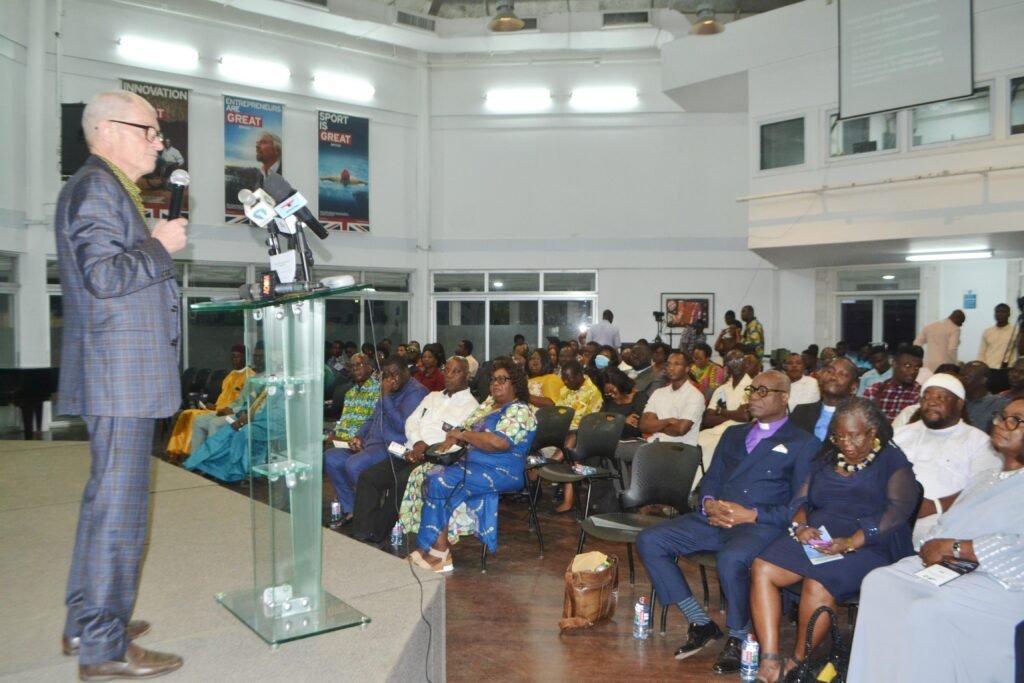






Facebook
Twitter
Pinterest
Instagram
Google+
YouTube
LinkedIn
RSS